CONTACT US: 602-932-3436
Residential Treatment Program In Phoenix, AZ
Frequently Asked Questions
Your Questions, Answered.
What does a typical day look like in the residential program?
We strive to provide whole-human care by intentionally integrating balanced, creative, and holistic approaches within a routine schedule that includes academic support, nutritious food, engagement with nature and peers, play, and therapy (individual, group, and family).On weekdays, there are designated times for hygiene, meds/vitals, school, meals, tutoring, and group therapy focused on relationships, thoughts, emotions, mindfulness, art, and nature. The weekends provide opportunities for family visits, outings, and unstructured personal and connection time.
How does this program differ from outpatient or intensive outpatient programs?
Our program differs from outpatient (OP) or intensive outpatient programs (IOP) primarily in the level of care, structure, and supervision that is provided. For teens, when experiencing a mental health crisis, these differences are significant to their safety, healing, and development. To start, at the residential, the client lives at our residential home alongside other adolescents experiencing similar struggles. We provide 24/7 supervision from our trained care team. This environment is both structured and holistically therapeutic, offering a safe and controlled environment, away from potential distractions and focusing fully on their recovery and healing. The amount of care offered is comprehensive and whole-human. The weekly schedule includes time for hygiene, meals from a nutritional program, individual therapy, group therapy, educational support, medication management, family counseling and visits, play and connection. This type of care gives the client all the tools and resources needed for a full “reset”. In outpatient programs, the type of care is considered less intensive, often remaining in their home and school environments and members attending sessions 1-3 times a week. This type of program provides more flexibility, but less structure and safety barriers.
What therapeutic modalities are included (e.g., individual therapy, group therapy, family therapy)?
We integrate a variety of therapeutic modalities to address the unique needs of each and the complex psychological, emotional and behavioral challenges they face. These approaches are designed to facilitate deep, long-term recovery and healing alongside personal growth. Our therapeutic support is provided through individualized therapy, group therapy, educational support, and family therapy.
The primary modalities we focus on are:
Dialectical behavioral therapy (DBT)
Trauma-focused individual therapy
Process-oriented group therapy
Psychoeducational groups
Expressive and experiential therapy such as art, animal and adventure-based therapy
Mindfulness and relaxation techniques
Family therapy - restoration therapy
Psychiatric care and medication management
How do you address trauma, emotional regulation, and co-occurring issues like substance use?
Trauma, emotional regulation, and co-occurring issues like substance use are addressed through a comprehensive, integrative approach that combines individual and group therapies, as well as targeted therapeutic techniques. Trauma is specifically addressed through individual and group therapy, allowing for personalized and shared healing experiences. Emotional regulation is supported through evidence-based methods such as Dialectical Behavior Therapy (DBT), mindfulness meditation, and art therapy, all of which help individuals develop skills for managing intense emotions and improving self-awareness.
For co-occurring disorders, we use an integrative model that emphasizes collaborative care. This includes medication management, trauma-focused therapy, and motivational interviewing to address both substance use and mental health challenges simultaneously. Family therapy and psychoeducation further support the healing process by involving loved ones in treatment and providing critical knowledge to help manage and understand the complexities of co-occurring conditions. This holistic approach ensures that each aspect of a person's well-being is addressed in a coordinated and supportive way.
Qualifications and Staffing
What qualifications do the therapists, counselors, and staff members hold?
Our therapists are licensed mental health professionals with advanced degrees and specialized training. These qualifications include a Masters degree in related fields, including social work, marriage and family therapy, or licensed professional therapy (LMSW, LMFT, LPC). Additionally, therapists hold a state licensure that demonstrates their professional competency. Some of our therapists may have more specific training or certifications in specific areas such as EMDR, Expressive Art Therapy, or Wilderness Therapy). All of our therapists have extensive experience working with adolescents.
How is staff trained to handle crises, trauma, and adolescent-specific needs?
Our staff is extensively trained to handle crises, trauma, and adolescent-specific needs through a comprehensive approach. All team members undergo Crisis Prevention and Intervention training to effectively manage challenging situations and ensure your child's safety. Additionally, staff are trained in medication administration, first aid, CPR, and trauma-informed care to address both physical and emotional needs in real-time.
We also prioritize child and adolescent safety through regular room and area monitoring, with rounds conducted every 15 minutes, including overnight, to ensure a secure environment at all times. Staff training is aligned with The Rosemary Tree Vision and focuses on treatment planning, progress monitoring, and safety procedures tailored to the unique needs of adolescents. Our safety plans are designed with input from families, recognizing the importance of family involvement in creating a supportive and responsive environment for your child. This thorough, multi-faceted training ensures that our team is equipped to respond appropriately to any crisis or trauma while addressing the specific developmental needs of adolescents.
Safety and Supervision
What measures are in place to ensure my child’s safety and well-being 24/7?
To ensure your child's safety and well-being 24/7, we have implemented a comprehensive system of supervision, security, and care. Our team is staffed around the clock with direct care staff, nurses, therapists, educational directors, and supervisors who are trained to respond to your child's needs at any time. The environment is designed with security in mind, featuring measures like fencing, locks on doors and windows, and restricted access to minimize elopement and other safety risks.
We conduct room and area monitoring with rounds every 15 minutes, including during the night, to ensure continuous supervision. Our staff undergoes specialized training in crisis prevention and intervention, first aid, CPR certification, fingerprint clearance, and trauma-informed care, equipping them to respond appropriately in any situation.
Additionally, we have a clear safety plan in place, which is consistently reviewed and updated with family involvement to ensure it meets your child's specific needs. We maintain detailed logs and reporting to ensure accountability and transparency in all actions taken. Our program adheres to all state regulations and local laws, reinforcing our commitment to providing a safe and secure environment for your child at all times.
What is the staff-to-resident ratio?
At minimum, there are always two members of staff on site at all times.
How are behavioral or emotional crises handled?
Behavioral or emotional crises are primarily handled with a focus on de-escalation to ensure your child’s safety and well-being while minimizing distress. Our trained staff use calm, supportive, and non-confrontational techniques to help your child regain control over their emotions. This includes active listening, validating feelings, and guiding them through deep breathing or mindfulness exercises to reduce tension.
If needed, staff will use clear, consistent communication and offer choices to help your child feel more in control of the situation. Physical space is respected, and a quiet, safe environment may be provided for the child to cool down if necessary. In the rare event that a crisis cannot be de-escalated through verbal or non-physical methods, additional protocols are in place to ensure safety, while still prioritizing the least restrictive interventions.
Our goal is always to prevent escalation and help your child learn emotional regulation strategies that can be used in future challenging moments. We also involve family members when appropriate, ensuring that the support system around your child is engaged and aligned with these de-escalation practices.
Are there policies for ensuring privacy and confidentiality?
We adhere to strict confidential standards aligned with Health Insurance Portability and Accountability (HIPAA) to protect adolescent and family medical and therapeutic information.
Before your child enters our program, we will review our confidentiality agreements with you and provide a written statement outlining the terms, which you will be asked to sign. Additionally, we maintain open and ongoing communication with both our members and their families to ensure that confidentiality is consistently respected and upheld. We are committed to protecting your child's privacy and will make sure that you are fully informed about our practices throughout the process.
Curious if this program is right for you?
Request a Copy of our Info Packet
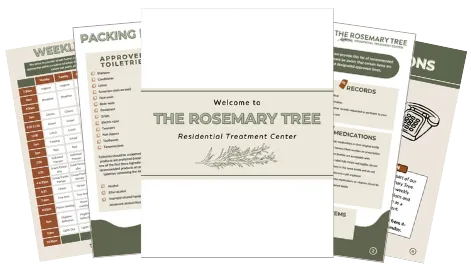
Trying to determine if this could be the right program for you?
Learn more about what makes our program unique by requesting a copy of the welcome packet.
Living Environment
What are the accommodations like? Will my child have a roommate?
When conducting our intake with your family, we will assess accommodation needs and ensure flexibility to care for your child’s where we are able. Each of our rooms have two beds, depending on availability, your child will likely have a roommate at some part of their stay.
What is the balance between structured activities and free time?
The balance between structured activities and free time is designed to support both therapeutic and personal development. Structured activities focus on skill-building, emotional regulation, coping strategies, and personal growth, while also promoting educational goals, social interaction, physical activity, and nutrition. In contrast, free time provides opportunities for rest and relaxation, fostering autonomy, promotes healthy boundaries, self-awareness, and organic peer interaction. This balance ensures that individuals have time for both purposeful growth and self-directed reflection, contributing to their overall well-being.
How are meals and dietary restrictions handled?
We value the connection between food, movement, and mental health, therefore, we take an integrative approach that includes nutrition and opportunities for exercise. We have a registered dietician on staff as well as a dietary program for our meals.
Are there opportunities for outdoor activities or creative therapies?
Our home sits on just under an acre of land, surrounded by trees, grass, and many diverse plants. Each member will have daily opportunities to get familiar and connect with our home, while also being provided weekly opportunities for nature-based outings.
Education and Daily Life
How does the program support academic progress? Is there an on-site school or access to tutoring?
We seek to ensure that a child’s treatment does not interrupt their academic progress. This is an essential aspect of our treatment. Our educators collaborate with schools, clinicians, and the care team to meet shared goals for the teen’s academic journey. Individualized academic instruction by our Educational Director which includes
Accredited curriculum
Individualized academic plan
Specialized tutoring services
Ongoing communication with student’s school
Executive-functioning and organizational skills
How are daily routines structured to help my child develop life skills and responsibility?
Daily routines are structured to help your child develop life skills and responsibility by incorporating a variety of purposeful activities that promote growth, accountability, and consistency. In the morning, the focus is on self-care, household duties, and building a sense of responsibility, helping your child establish healthy routines and learn time management. This is followed by academic support and goal setting, ensuring that your child stays engaged in their education while reinforcing the importance of consistency.
In the evening, therapeutic sessions are integrated to address problem-solving, emotional regulation, conflict management, and healthy decision-making. These sessions, along with mindfulness and coping skills training, encourage emotional growth and resilience. Peer interactions are also emphasized, fostering empathy, cooperation, and shared responsibility. This well-rounded approach ensures that your child develops essential life skills while gaining a sense of responsibility and accountability in various aspects of their daily life.
Are extracurricular activities, like sports or art, available?
Our program emphasizes many creative modalities, which often include extracurricular activities. We have structured groups where art and movement are incorporated, and members can also participate in these activities, and other similar interests, through clubs and free time.
Family Involvement
How are families involved in the treatment process?
Family is an integral part of our process at the Rosemary Tree, therefore we require families to participate in family sessions and remain in communication with our staff and their child, encouraging frequent phone calls and in-person visits during designated hours.
Are family therapy sessions offered, and how often?
We value and prioritize family therapy sessions within our program. Each family and adolescent have unique experiences and needs, therefore we will schedule sessions around the structure that works best with each child’s treatment plan and circumstances.
How can I stay connected with my child during their stay? Are phone calls or visits allowed?
To support the emotional and mental health of all participants, cell phones are not permitted for the duration of their stay. This policy helps create a distraction-free and focused environment, allowing residents to engage fully in activities, connections, and overall healing. Instead, we provide designated time for calls where residents are allowed to call any phone number on the approved list. Phone use is individually planned. Family is an integral part of our process at the Rosemary Tree. Therefore, we have weekly scheduled family sessions and encourage visitation as a part of our treatment. Visitation usually occurs weekly from 4-5:30PM, Weekends.
Curious if this program is right for you?
Request a Copy of the Welcome Packet

Trying to determine if this could be the right program for you?
Learn more about what makes our program unique by requesting a copy of the welcome packet.
Personalization and Treatment Goals
How is my child’s treatment plan developed and updated?
At our residential treatment center, your child’s treatment plan is developed through a collaborative, individualized process involving input from you, your child, and our multidisciplinary team of professionals. This team typically includes therapists, medical staff, educational directors, and direct care staff, who work together to understand your child’s unique needs, strengths, and challenges.
The initial treatment plan is created during an intake assessment, where we gather comprehensive information about your child’s history, goals, and any specific concerns you may have. From there, we develop a personalized plan that addresses emotional, behavioral, academic, and physical health goals, and outlines therapeutic interventions tailored to your child’s needs.
Treatment plans are regularly reviewed and updated, typically every 30 to 60 days, to track progress and make any necessary adjustments. During these updates, we evaluate your child’s growth, adjust goals, and incorporate feedback from you and your child, ensuring that the plan remains aligned with their evolving needs. Family involvement is key to this process, as we value your insights and believe that strong family engagement contributes to your child’s success.
Throughout your child’s stay, we provide clear communication about their progress and any changes to the treatment plan, ensuring that you are well-informed and involved in the decision-making process.
What outcomes can I expect from this program?
The outcomes of our adolescent residential program are designed to support your child’s emotional, behavioral, and academic growth, but the success of the program is strongly influenced by both your child’s engagement and the active involvement of your family. With full participation, we expect to see improvements in areas such as emotional regulation, coping skills, and overall mental health. This includes a reduction in problematic behaviors and the development of healthier ways to manage stress and conflict.
In addition, we aim to help your child build life skills such as responsibility, communication, and decision-making, which will contribute to their long-term well-being. Academic progress is also a key focus, with individualized support to ensure that your child stays on track with their education and develops positive attitudes toward learning.
However, the most significant and sustainable outcomes occur when both the child and the family are fully engaged in the process. Your child’s willingness to actively participate in therapy, follow through on treatment goals, and develop new coping strategies is essential to achieving lasting change. Likewise, family involvement—through communication, support, and collaboration—helps reinforce progress and ensures that skills learned in the program are maintained and practiced at home.
Overall, we strive to equip your child with the tools and support they need for a successful transition back to their community, and we believe that when the child and family are fully invested, the outcomes are more meaningful and enduring.
How do you measure success, and how will I know if the program is working?
Key indicators of success are regularly tracked and assessed, ensuring that both your child’s individual goals and overall well-being are being met.
Treatment plan goals
Behavioral and emotional assessments
Family and child feedback
Academic performance
Coping and life skill development
Reduction of risky behavior
Transition readiness
You will know if the program is working through regular updates, progress reports, and family meetings, where we review specific achievements and challenges. By actively involving you and your child in the process, we can ensure that the treatment is effective, tailored to your child's needs, and on track to produce lasting, positive changes.
Transition and Aftercare
What support is provided for transitioning back to home, school, or another setting?
Transitioning back to home, school, or another setting is a crucial phase of the treatment process, and we provide comprehensive support to ensure your child’s continued success. Our goal is to equip your child with the skills and resources they need to maintain progress and integrate smoothly into their home and community life. Here are the key components of our transition support:
Transition planning: we work on a personalized transition plan that begins well before discharge. This plan outlines specific goals, strategies, and steps for transitioning back to home, school, or another environment. It considers the child’s unique needs, progress in treatment, and any potential challenges they might face during the transition.
Family involvement: Family plays an integral role in the transition process. We engage with you through family meetings, progress reviews, and family therapy to ensure that you are prepared to support your child’s ongoing recovery. We provide guidance on reinforcing the skills and coping strategies your child has learned, and offer tools to help manage any challenges that may arise at home.
School reintegration support: For children returning to school, we collaborate with the school system to ensure a smooth reintegration. We also work with your child to develop strategies for handling stress, peer interactions, and school-related challenges.
Therapy and aftercare: We provide aftercare services, which may include ongoing individual therapy, family therapy, or group therapy, to support your child’s emotional well-being as they adjust to life outside of the residential setting. In some cases, we may connect your child with community-based resources or outpatient services to maintain continuity of care.
Follow-up check-in: These check-ins provide an opportunity to adjust the transition plan as needed and ensure that your child continues to make strides in their emotional, social, and academic development.
By focusing on a thorough, coordinated approach to transition, we ensure that your child has the tools, support, and confidence they need to thrive after leaving the residential program. We are committed to working closely with you and other support systems to create a seamless transition and promote lasting, positive outcomes.
Do you offer aftercare programs or resources for ongoing support?
Yes, we offer aftercare programs and resources to ensure ongoing support for your child after they leave our residential program. Our goal is to provide a seamless transition and maintain the progress your child has made.
We offer outpatient therapy services, which include an Adolescent Intensive Outpatient Program (IOP) designed for adolescents who need continued structure and support as they reintegrate into their community. The IOP provides a more intensive level of care while allowing your child to remain at home, offering therapeutic sessions multiple times a week.
In addition, we offer an Adolescent Dialectical Behavior Therapy (DBT) Group, which focuses on building emotional regulation, interpersonal effectiveness, distress tolerance, and mindfulness skills. This group is designed to help adolescents continue developing the coping strategies they learned during treatment, ensuring long-term success in managing emotions and behaviors.
For more individualized support, we also provide individual therapy, where your child can continue working on personal goals, address any challenges, and receive tailored therapeutic interventions.
If your child requires additional or specialized services beyond what we offer, we will work with you to refer them to other reputable outpatient programs or community resources. Our goal is to ensure consistent support and a smooth transition, so your child continues to receive the care they need in the next phase of their journey.
In this way, we provide a comprehensive continuum of care, with the flexibility to meet your child's ongoing needs and help them succeed beyond our residential program.
Logistics
Where is the facility located, and how do I arrange transportation?
Our facilities are located in central Phoenix. Families will provide personal transportation to our home and once the teen is a part of the program, all transportation within the program is provided. Any visits from the family to the facility or for the teen at home are provided by the family.
How long is the typical stay, and how is the length of treatment determined?
The treatment duration is dependent on many factors, including the teens severity, insurance coverage, and availability. Typically an adolescent will stay between 30-90 days.
Are personal belongings allowed? If so, what items can my child bring?
We provide a list of personal belongings approved at the facility on our welcome packet on our website.
Does the program accept insurance, and what documentation will I need to provide?
Yes! We will contact your insurance to see what they provide. We recommend you call your insurance company as well to verify your coverage.
Curious if this program is right for you?
Request a Copy of the Welcome Packet

Trying to determine if this could be the right program for you?
Learn more about what makes our program unique by requesting a copy of the welcome packet.
Our Residential Treatment Program in Phoenix AZ is designed to help the following...
We recognize that mental health is unique to the individual, therefore, we see the individual as a whole and address many aspects to provide holistic healing.
We target:
Mood disorders
Self-harm
Trauma
Substance use
Behavioral issues
Relational issues
Healthy media habits
The Rosemary Tree Residential Treatment Providers
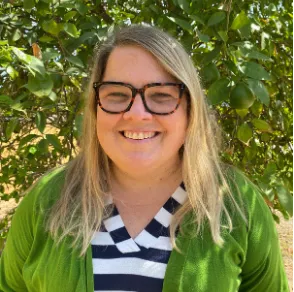
Emily Fankauser, LAC
Emily brings more than twenty years of experience walking alongside children, teens, adults, couples, and families as they navigate life’s challenges and healing journeys. She approaches therapy with compassion, creativity, and a whole-person perspective.
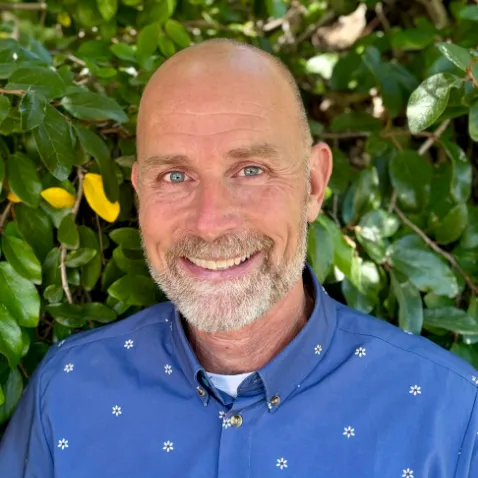
Jason Ellis, LMFT
Jason has the unique gift of relating to parents and families, while also relating to teens. With additional training in breath work and nature modalities, he helps our clients reconnect by slowing down and understanding themselves.
A Safe and Supportive Space for Youth at Our Arizona Treatment Center
We offer our services in an intentionally home-like environment at our residential treatment center in Arizona. Our goal is to create a space where adolescents feel comfortable—not clinical—while receiving care at our residential treatment facility for adolescents.
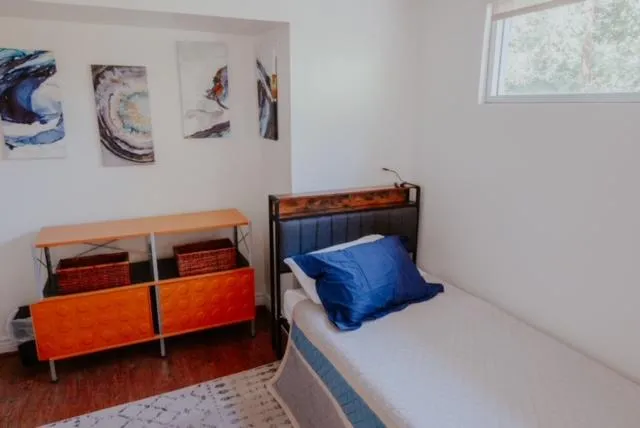
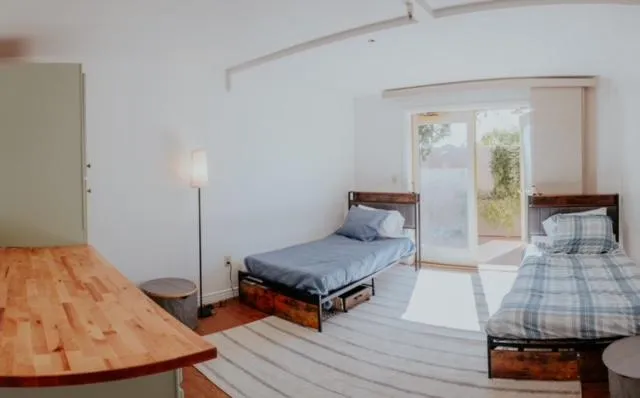
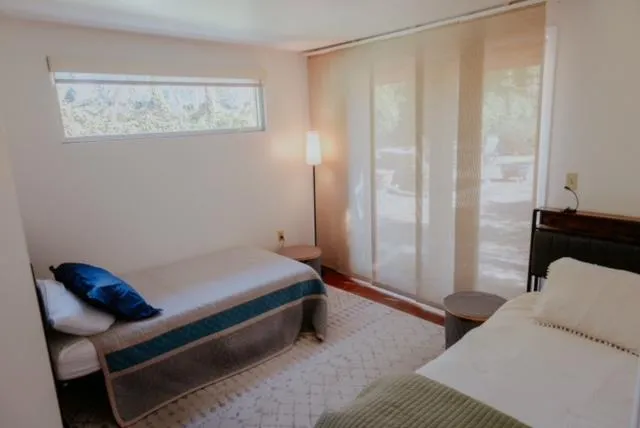
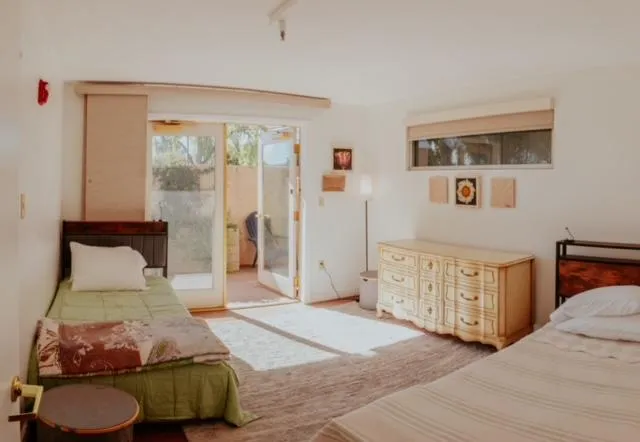








The Rosemary Tree Mental Health Treatment Centers in Phoenix, AZ
The Rosemary Tree operates residential treatment centers for youth in Arizona, offering specialized care for a variety of personal and relational challenges. Through our residential treatment facility for adolescents, we provide inpatient residential care, outpatient intensives, marriage and relationship counseling, family counseling, individual counseling, and more.
Our inpatient rehab, intensive outpatient program in Arizona (IOP), and DBT therapy programs are among the most clinically effective in the state. As a trusted residential treatment Arizona provider, we offer an intensive outpatient program in Phoenix, AZ, designed to support individuals needing structured care while maintaining daily responsibilities. Our specialized IOP for adolescents and IOP for youth provide tailored therapeutic approaches, ensuring young individuals receive the guidance and support they need. We integrate evidence-based treatments such as Narrative Therapy, Dialectical Behavioral Therapy (DBT), Eye Movement Desensitization and Reprocessing (EMDR), Internal Family Systems (IFS), Cognitive Behavioral Therapy (CBT), Acceptance and Commitment Therapy (ACT), Restoration Therapy (RT), Sensorimotor, Gestalt, and Art Therapy, among many others.
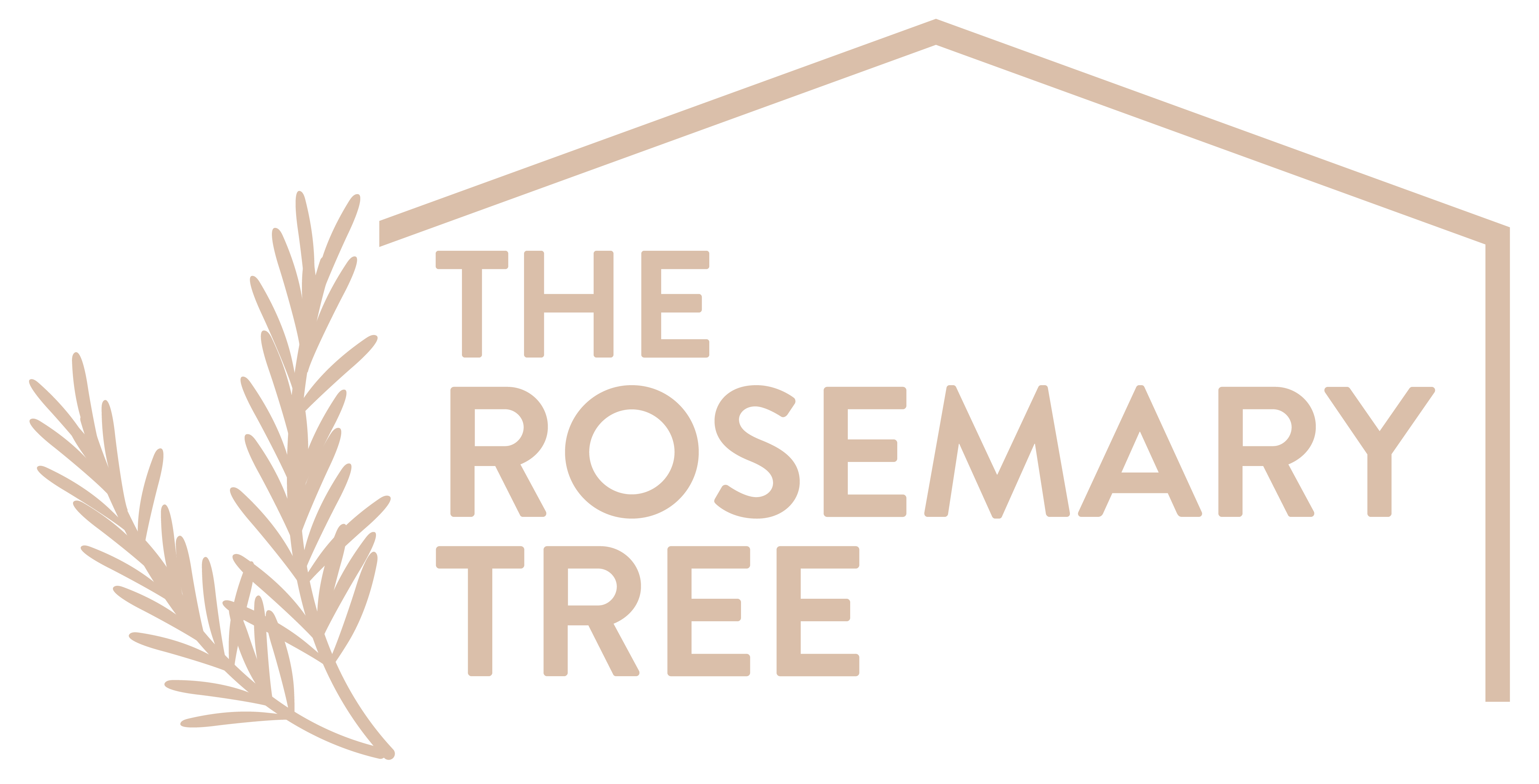
⚡ Site Built with BAMF Technology ⚡
